Reviewed by Sahil Chopra, MD, and Stacey Gunn, MD.
Research by Savit Malhotra and Theresa Do.
Introduction
Ending our segment on supplements, we will be discussing the popular supplement, creatine. Creatine is widely recognized primarily for its ability to enhance athletic performance in both professional athletes and everyday individuals. With the boom of the fitness movement on social media, the market for creatine has been quickly expanding. However, the connection between creatine and sleep is not entirely clear. In this blog, we will delve into creatine, its role in the body, common uses of creatine supplements, safety considerations, and our overall recommendations.
The History of Creatine
Creatine is an organic compound that plays an important role in energy metabolism. Creatine was first described in 1832 by the chemist Michel Eugène Chevreul.[1] It is located mostly in the body’s muscles and brain. Through diet, creatine is found in meat, poultry, and seafood, though the amount is much lower than in creatine supplements.[2]
To understand how creatine works, it is important to understand the basics of the cell’s energy processes. At a cellular level, during energy metabolism, a molecule called adenosine triphosphate (ATP) is turned into adenosine diphosphate (ADP) by releasing one of its phosphate groups. The bond of ATP and its phosphate group stores energy. Therefore, once the bond is broken, it releases energy to the cell for various processes.[3] Another way to think of this is a rechargeable battery system, where ATP is the rechargeable battery. ADP is able to turn back into ATP again when we eat, as food breaks down into many compounds, including phosphate. Where creatine steps in is similar to an extra charger for the rechargeable battery. Creatine can store extra phosphate in a compound called phosphorylcreatine.[4,5] When ATP turns into ADP, phosphorylcreatine can give its extra phosphate for ADP to turn back into ATP. This helps the body regenerate ATP and, therefore, allows more energy to the cells.
Uses for Creatine
Creatine is popular in the supplement industry as a performance enhancement and general dietary supplement. According to Mayo Clinic, those who use creatine have shown benefits with athletic performance (strength, muscle size, and injury prevention), physical health (brain and bone), and age-related changes.[4] One literature review paper examined over 500 articles on creatine and sports performance. They found that much existing literature supports creatine’s safe and positive impact on some aspects of exercise performance in short-term and long-term intervals. Specifically, there were two dosage approaches that were beneficial. One was the loading phase, where users take a higher dosage at first. The dosage of 20 grams per day for 5 to 7 successive days seems to yield the most in short-term athletic performance. For the loading phase, creatine will be “loaded” or stored in your body, upping its baseline. After the loading phase, one can decrease the dosage. The dosage of 3 to 5 grams per day over 4 weeks (called the maintenance phase) results in long-term muscle growth, injury prevention, and recovery benefits.[6] It is important to note that these dosages are typically higher than the basic need of an average person, around 2 g of creatine per day.[2]
Creatine has also been found to be beneficial to our brain. When ingested, creatine is able to pass through the blood-brain barrier and enter brain cells. Creatine helps with the recovery process when the brain is put through stressful conditions such as hypoxia, sleep deprivation, traumatic brain injuries, and intense exercise.[3] It does so by relieving mental fatigue and, therefore, encouraging more energy towards the recovery process. Healthy older participants who took creatine also improved on their cognitive performance, although this effect does not seem to translate in the presence of neurodegenerative diseases.[3]
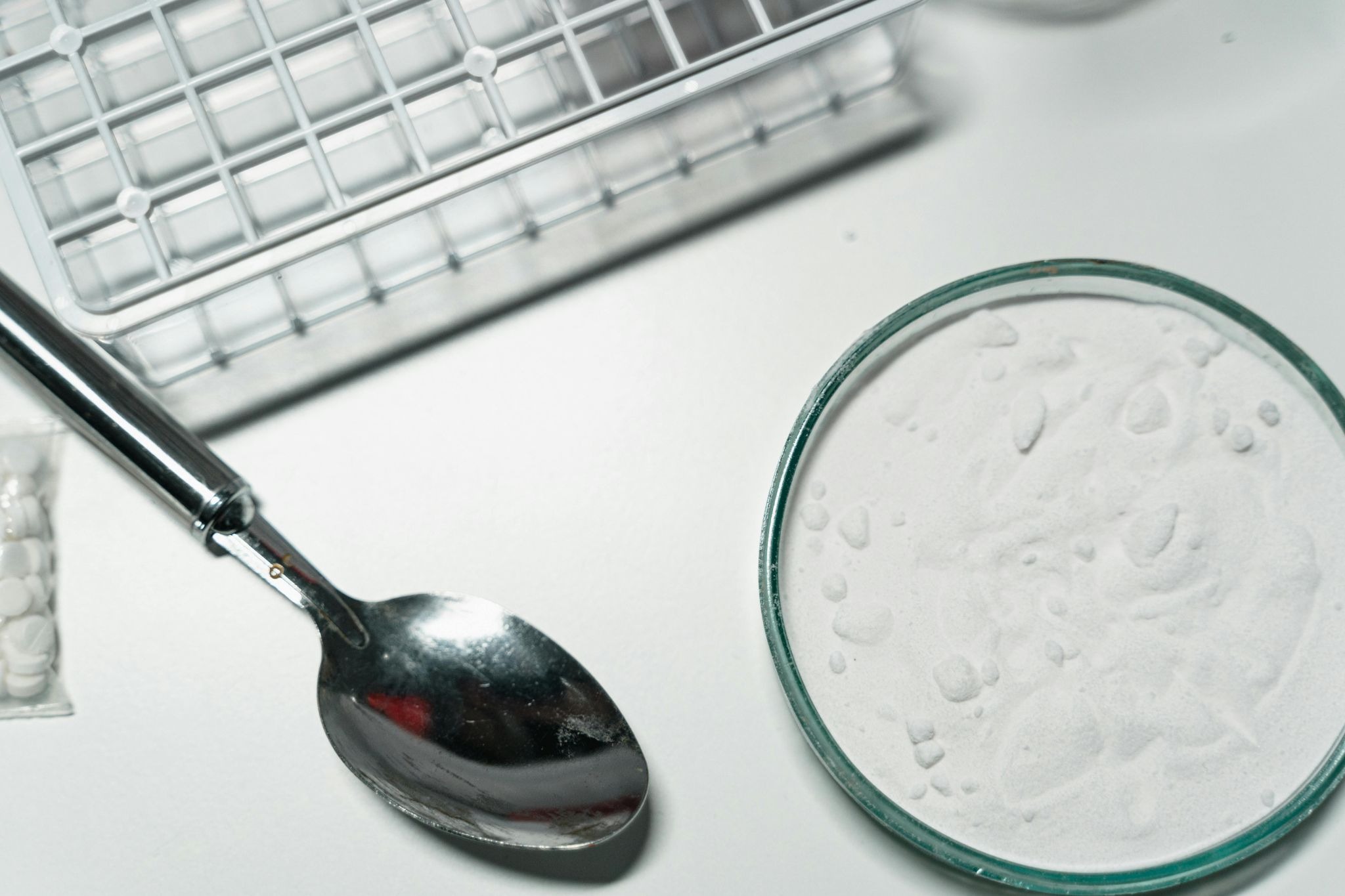
Use Cases, Efficacy, and Safety Precautions of Creatine
As mentioned briefly, research indicates some relationship with creatine and sleep recovery. However, we should note that as of now, there has been no direct study specifically finding that creatine improves sleep or sleep architecture. The studies we mention below relate primarily to creatine’s role in boosting energy and improving cognitive processing in those who are sleep deprived, but this is not to say that creatine impacts their sleep directly.
One such study examined whether creatine had a relationship with sleep deprivation and behavior in twenty male participants.[7] These participants took either 5 grams of creatine monohydrate or a placebo four times a day for 7 days before undergoing saliva samples, cognitive tests, mood surveys, moderate intermittent exercise, and sleep deprivation. Sleep deprivation periods were 18-, 24-, and 36-hours, and combined with moderate exercise. Individuals who took creatine performed better on the cognitive task than those who took the placebo when sleep deprived for 36 hours, but only on the central executive task. There were no other significant differences found in the study. Both groups had higher cortisol levels and worsening mood with more sleep deprivation.
Similarly, another study examined creatine and sleep in female participants during their training.[8] Twenty-one female participants were given 5 grams of creatine combined with 5 grams of maltodextrin or 10 grams of maltodextrin (placebo) daily for six weeks while they trained 2 times a week at home. Their sleep was assessed nightly using the ŌURA® ring and the Pittsburgh Sleep Quality Index. Those who took creatine had higher total sleep on training days, signifying creatine’s potential recovery interactions with sleep after physical stress. However, it is possible that the reason for this increase in total sleep time was due to some external factors.
Another study reviewed creatine and sleep quality. Using data from the 2007-2008 National Health and Nutrition Examination Survey, these researchers found that those with a suboptimal creatine intake of less than 1 gram per day report higher sleep disturbances and more trouble sleeping.[9] These studies highlighted the potential importance of creatine for sleep and sleep medicine. Yet, there is still a need for further direct research on creatine as a sleep aid, as this evidence was based on a survey, meaning that the evidence was subjective rather than objective.
Interestingly, one study has found that when lab rats were given creatine, it actually reduced their sleep need and homeostatic sleep pressure.[10] However, these results have not been replicated in humans. What we do know is that sleep is an important aspect of human health in many ways. From cognitive functioning to the maintenance of the immune system, sleep plays a vital role in every aspect. While it could be possible to reduce sleep need in terms of how we feel (powering through the day with only 5 hours of sleep and not feeling tired), this may not be the best choice for our body. For this reason, it is best to avoid sleep deprivation in the first place. Although studies have found that creatine can improve cognitive function in those who are sleep deprived, these effects are only temporary. The long-term effects of sleep deprivation are far beyond the benefits gained from taking creatine.
In terms of creatine’s safety, the U.S. Food and Drug Administration recently recognized creatine monohydrate as a safe ingredient.[11] Mayo Clinic has also deemed creatine to be safe when taken as instructed for up to 5 years. Common side effects include weight gain due to increased muscle mass and water retention.[4] There have been concerns for those with renal impairment and kidney issues, and people in those categories should be cautious.[2,4,12]
Recommendations
Creatine is an essential supplement, particularly for individuals aiming to optimize their physical performance and energy levels. While research on the direct impact of creatine on sleep is still evolving, the existing evidence suggests a connection. However, current evidence surrounds the idea that creatine is primarily beneficial to those who are sleep-deprived, and we would never recommend that someone get stuck in that position in the first place. Further studies are needed to fully elucidate the mechanisms and optimal dosages, but incorporating creatine into a well-rounded regimen, alongside proper nutrition and exercise, may offer a synergistic approach to enhancing both athletic and everyday activities. So, for now, taking creatine at recommended dosages is safe and well tolerated for most healthy adults (except for those who have or are at risk for kidney disease, who should avoid the supplement) for improvements in athletic performance. But we cannot call this a sleep aid by any means; there is just not enough evidence.
For more answers to your sleep concerns and to connect with an Empower Sleep care coordinator, feel free to contact us: https://www.empowersleep.com/welcome
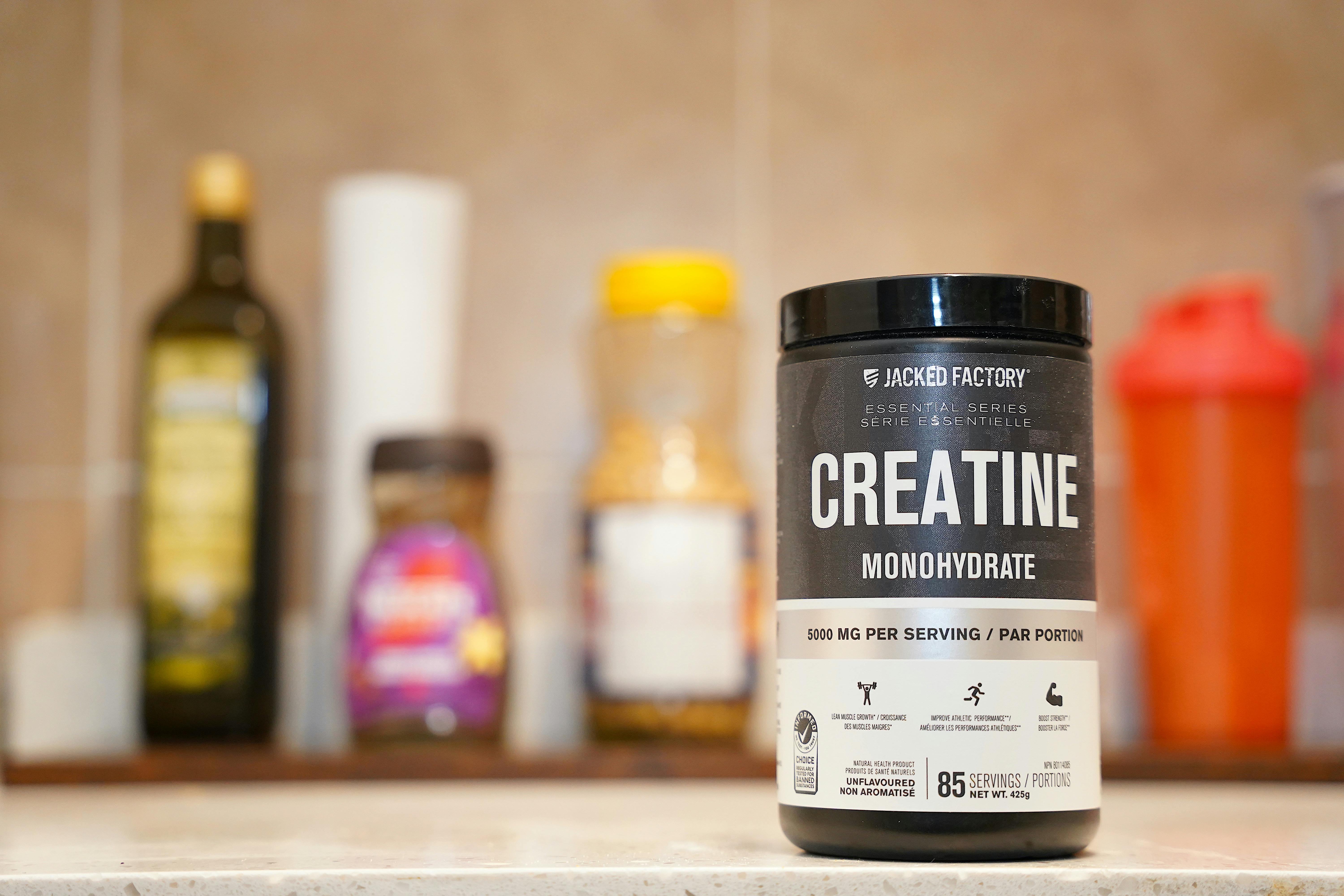


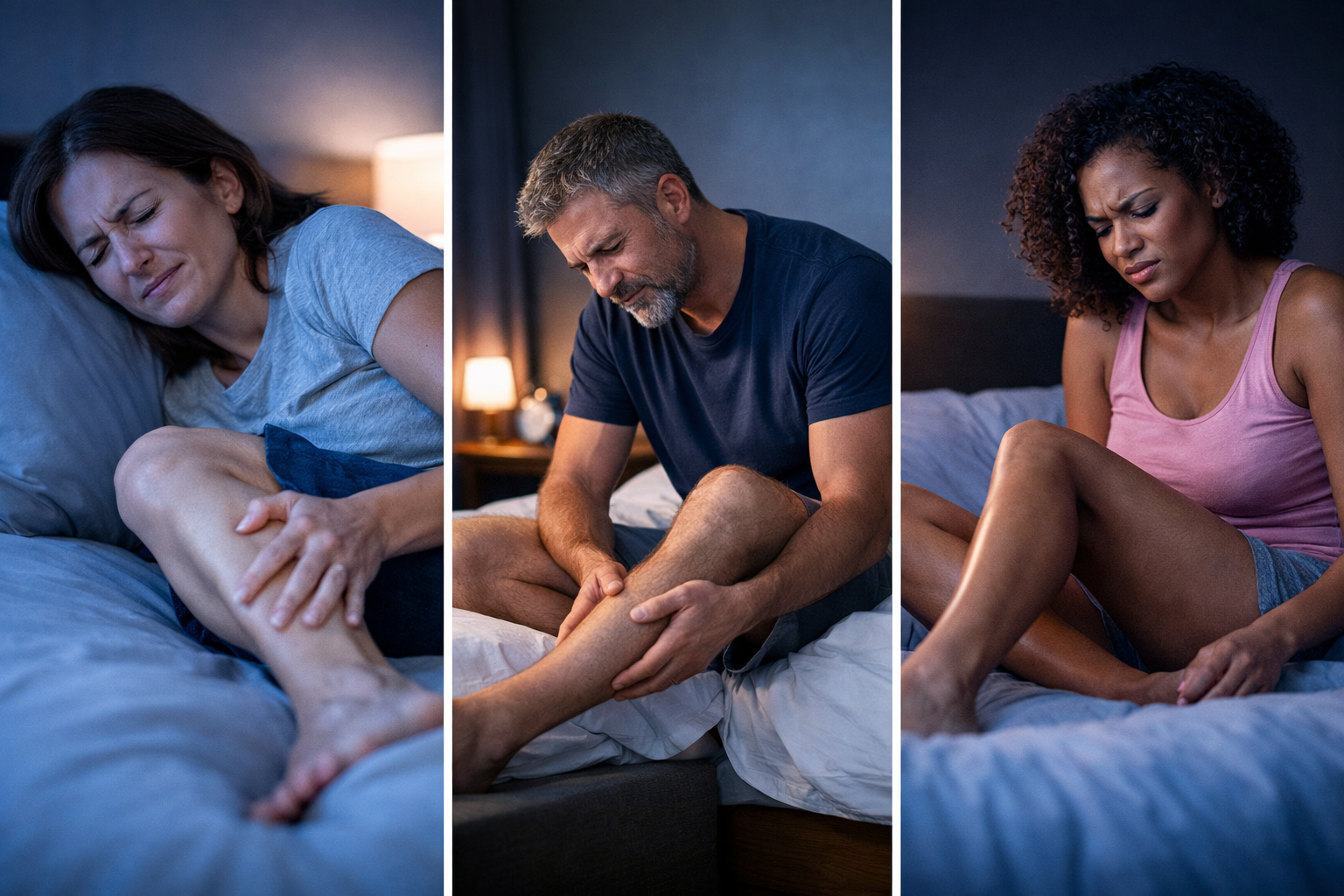



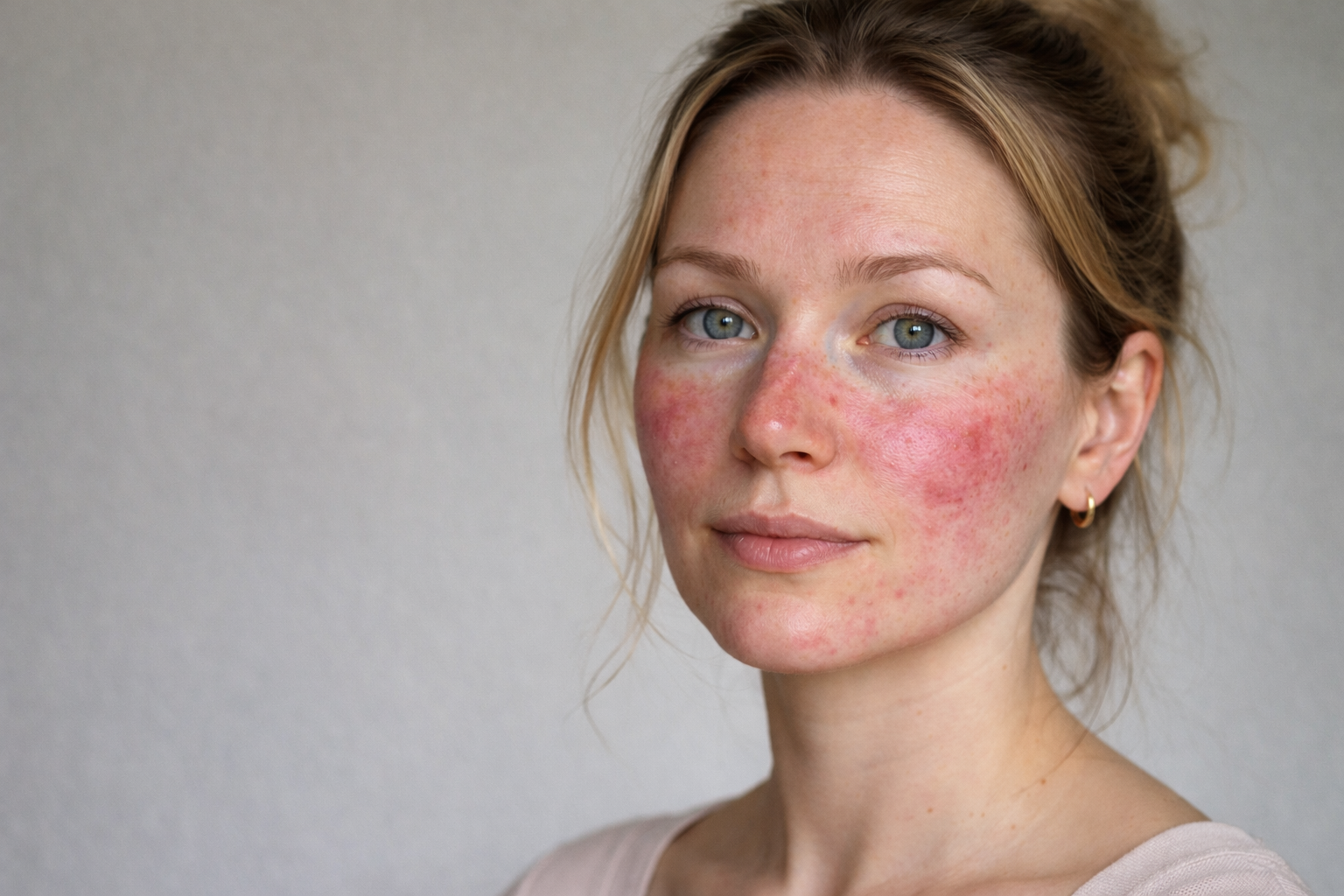

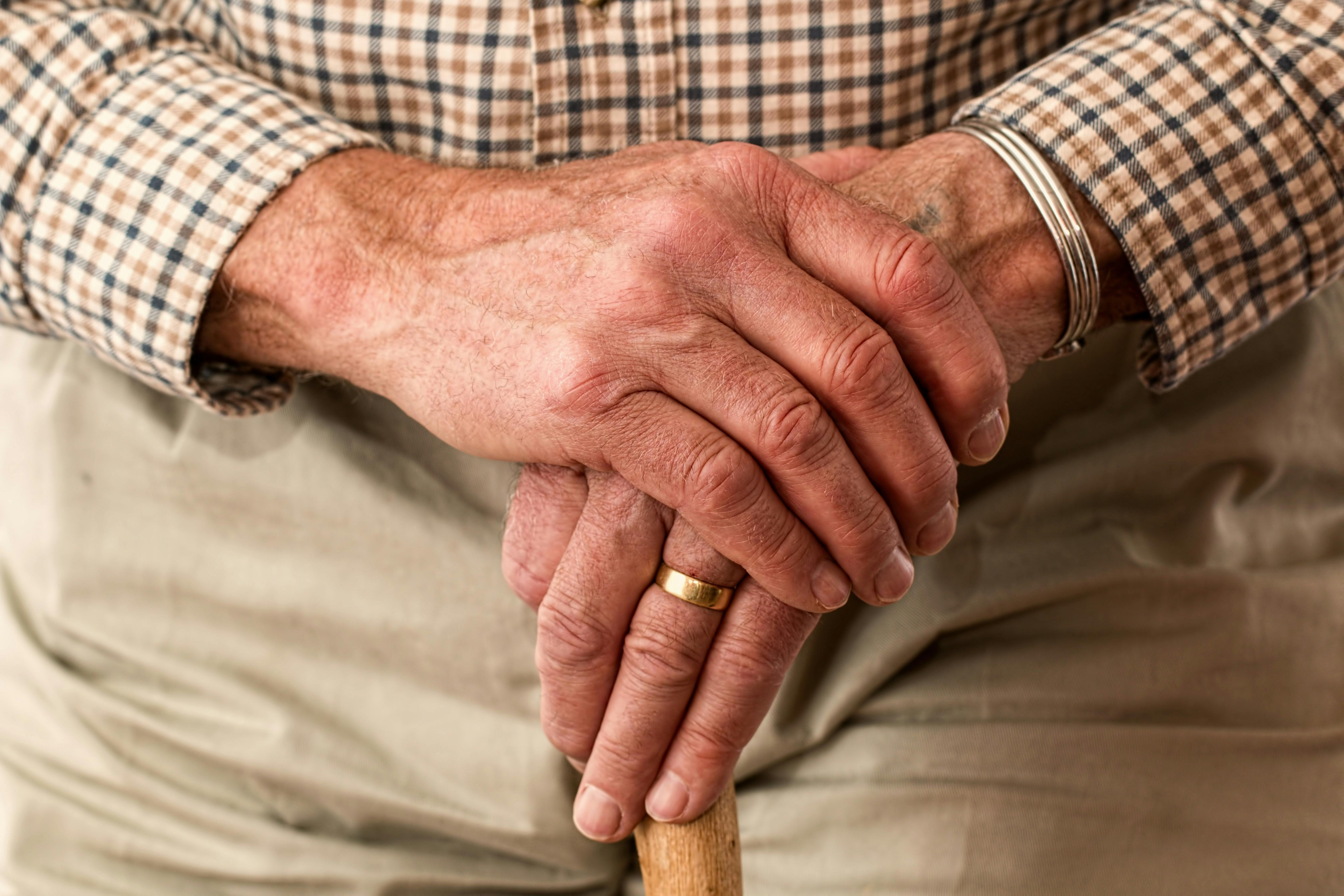
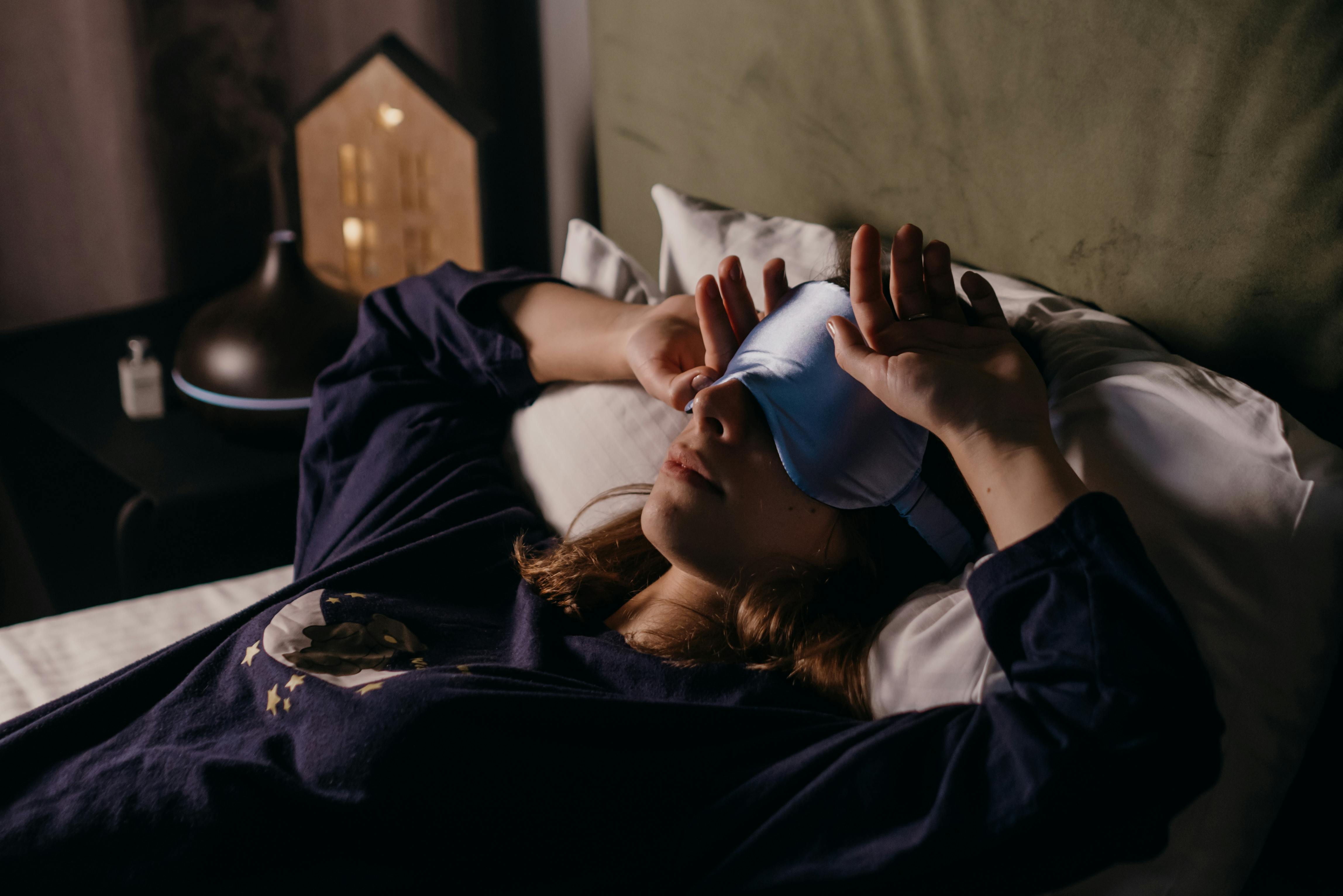




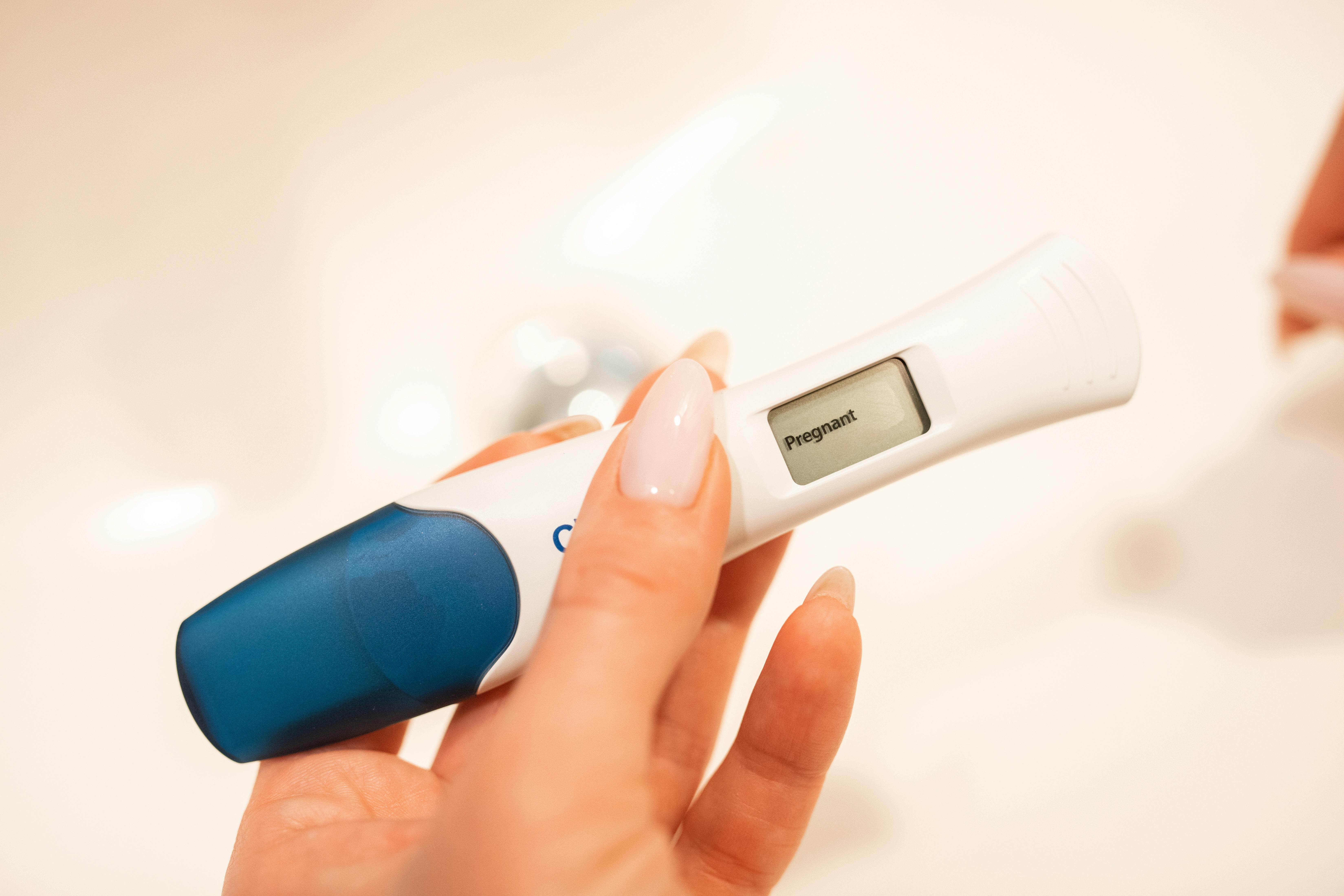






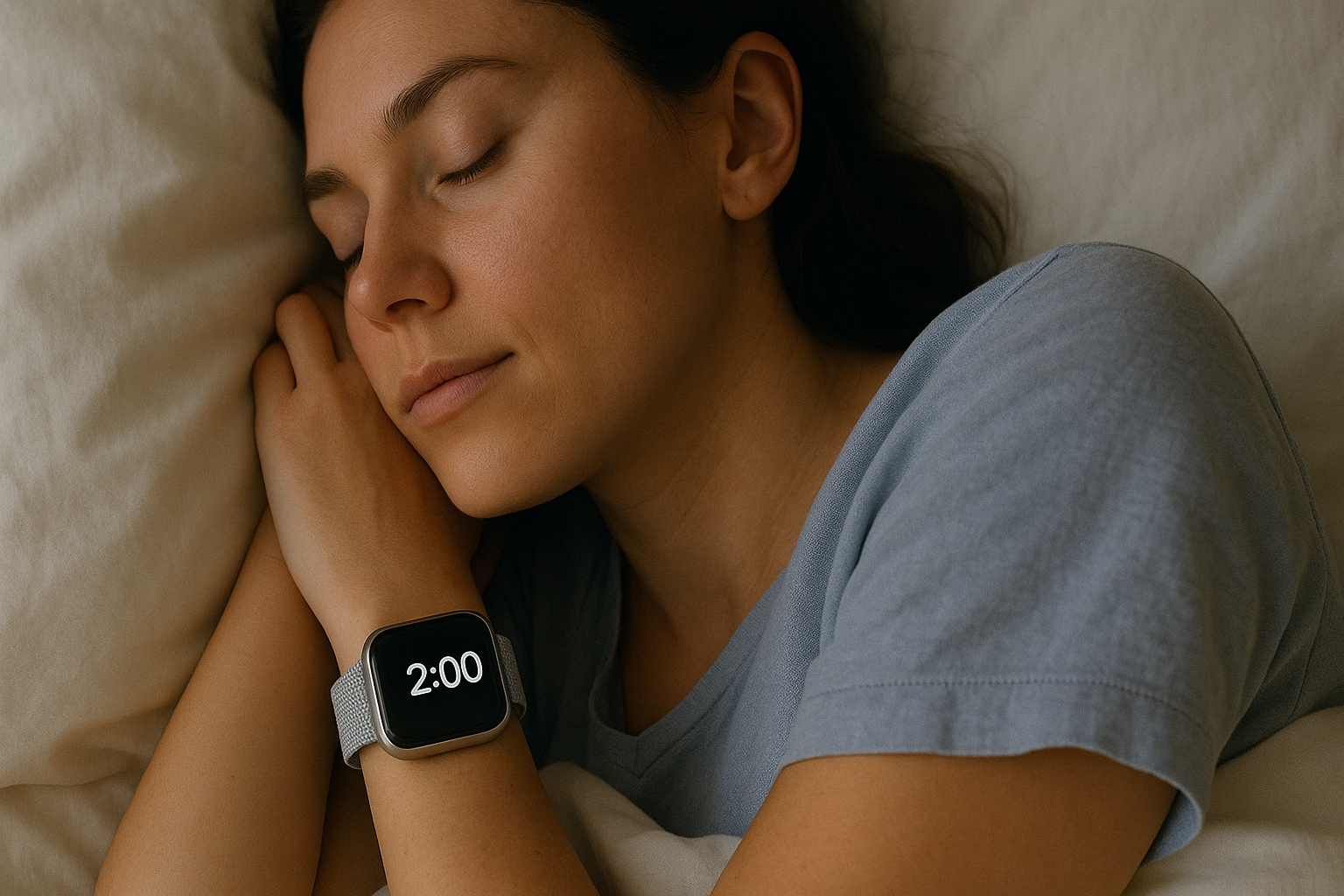


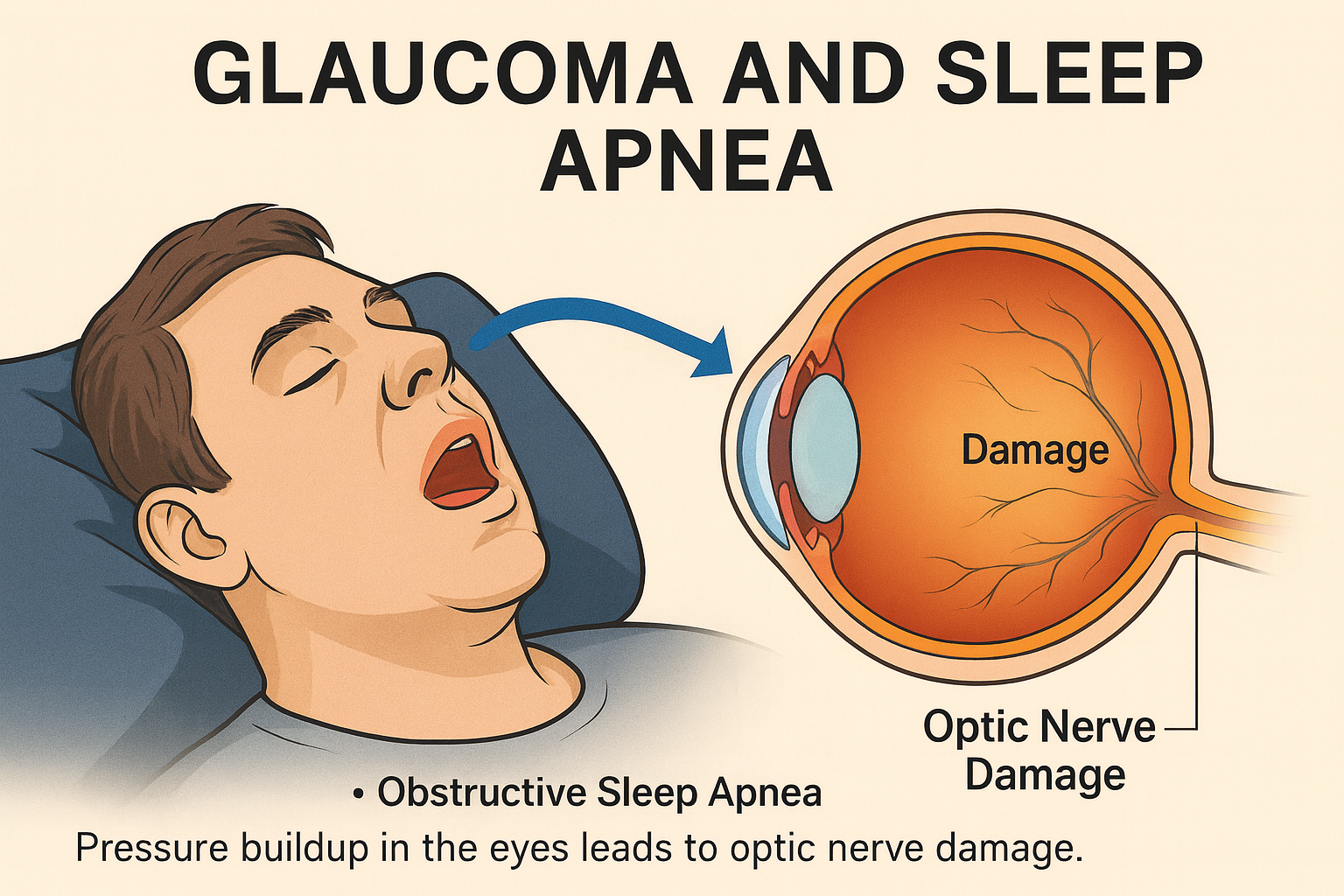

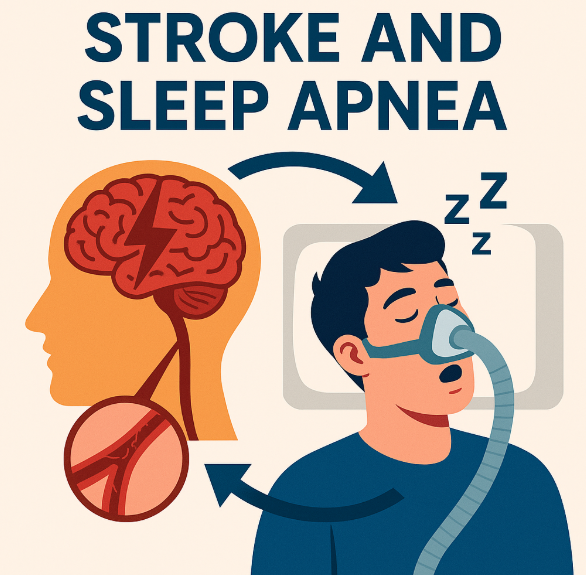
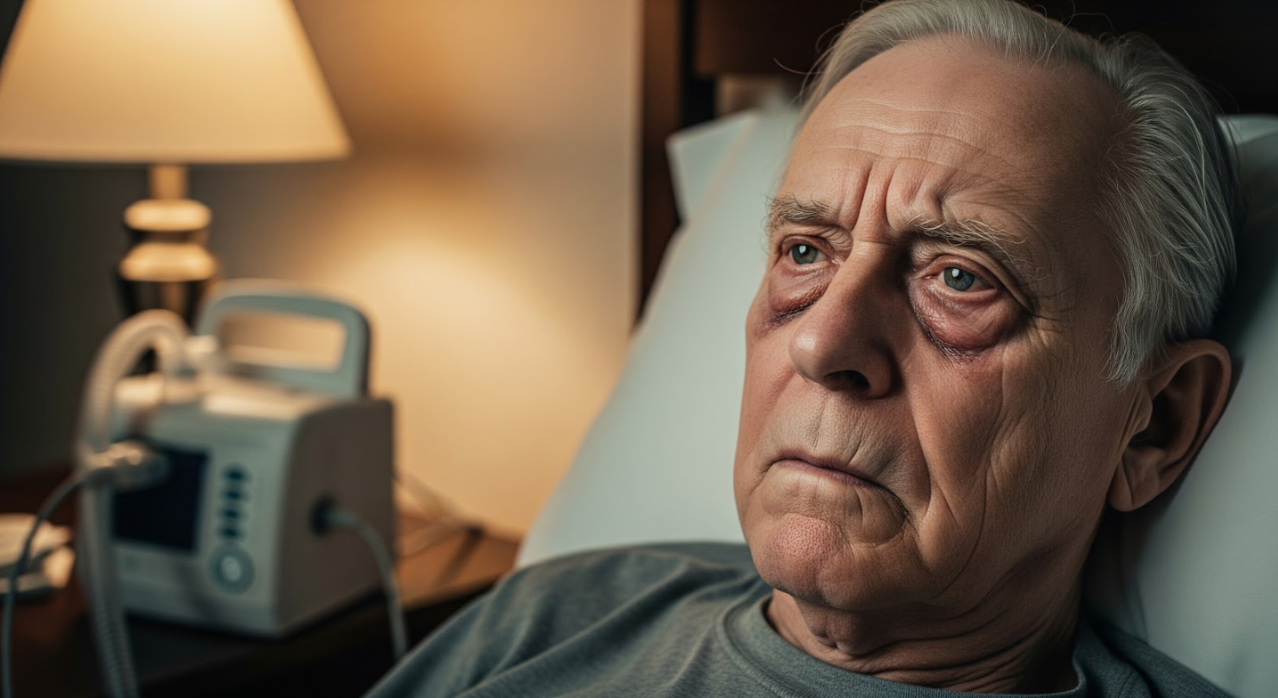
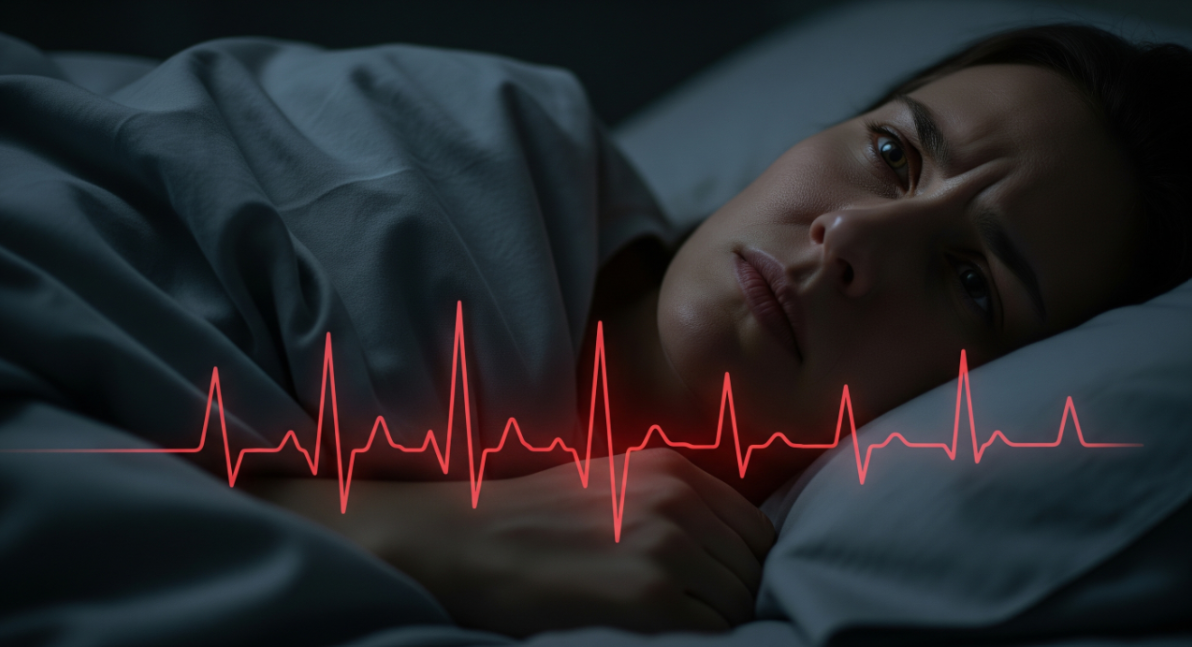






























































%20thumbnail.jpg)
.png)